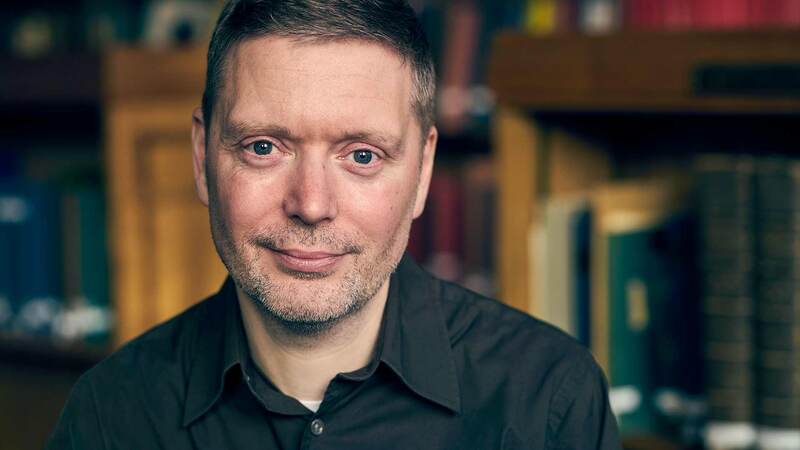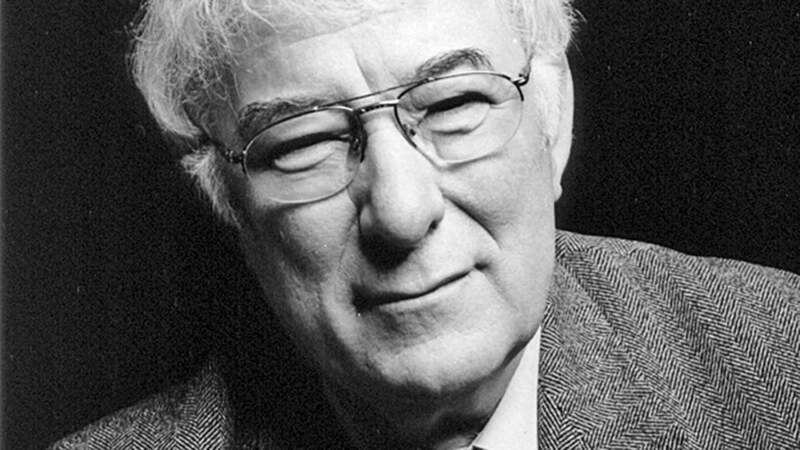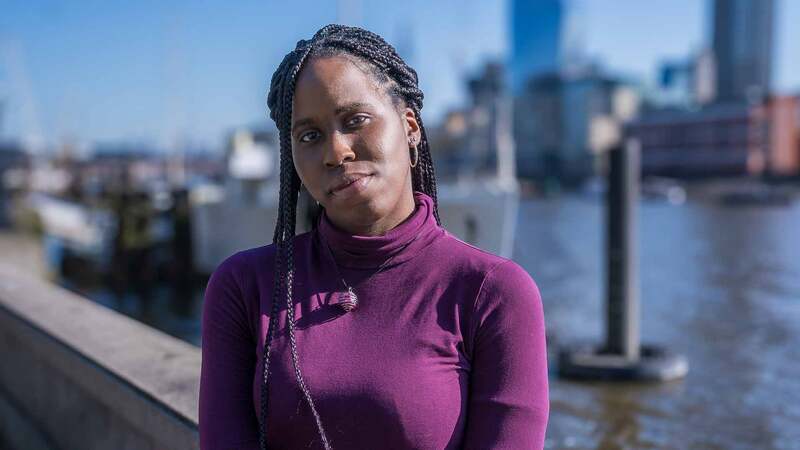You are viewing your 1 free article this month. Login to read more articles.
Conversations with Authors: Sally Rooney talks to The Bookseller
Dubbed the "Salinger of the Snapchat generation", Irish writer Sally Rooney’s debut novel Conversations with Friends (Faber) is a sharp, nuanced exploration of politics, art, friendship, sex and the complex relationship between mind and body.
The story follows the complicated ménage-à-quatre between 21-year-old university student Frances, best friend Bobbi and sophisticated, older couple Melissa and Nick, following a chance meeting at a poetry event one evening.
Critically well-received from the beginning, and originally bought by Faber in a seven-way auction, Conversations with Friends’ latest nod comes in the form of a shortlisting for the 2018 Swansea University International Dylan Thomas Prize.

How do you feel to be shortlisted for the Swansea University International Dylan Thomas Prize?
I feel enormously grateful and honoured.
What inspired Conversations with Friends?
I had an idea for a story about two college students befriending a married couple. I knew who the central characters were right away, but I didn’t know what would happen to them once they met. I thought it would be interesting to get some of it down on the page and just see where it went.
What are the major themes you were keen to explore?
I wasn’t conscious of trying to explore any themes or topics in the book. During the writing process I mostly felt I was just following these characters around and observing their behaviour; I didn’t set out with the aim of subjecting them to any particular experiences or dilemmas. It was only when I got the characters into scenes together that the plot as such started to develop, more or less organically.
The story focuses on the different dynamics between various kinds of relationships. What was the most challenging part to write?
At one point about mid-way through the novel, the characters go on holiday to the north of France. I really enjoyed writing this section of the book, but it was also the most difficult to get right. It went through ten or more drafts before I arrived at a version that I thought worked. Because I’d taken the characters out of their ordinary social context and put them in a strange house together in a foreign country, it suddenly seemed almost anything could happen to them, and the possibilities became overwhelming. I think I got there in the end, or at least I hope so.
You’ve written poetry and short stories in the past. How do the mediums differ? Which is your favourite?
I have no very sophisticated understanding of literary forms. Short stories are shorter than novels, and poems are typically shorter than either, though not always. As a writer I find novels the most satisfying, and also the hardest, maybe because I let myself get away with things in short stories that I don’t (or can’t) in a novel. As a reader I try to love all the literary forms equally, but I probably read novels most often.
Who/what are your main inspirations/influences?
In everything I do, my principal inspiration is the 1996 Belle & Sebastian album "If You’re Feeling Sinister".
Can you tell us anything about your forthcoming novel Normal People?
Sure. The narrative follows two protagonists, one young man and one young woman, from their last year of school into their early adulthood. I suppose it’s an exploration of love, and the idea that people can change one another’s lives, maybe only in a small way, but deeply and enduringly. I really loved writing the book and I’m excited to share it with people.
How did it feel to win the Sunday Times Young Writer of the Year?
It meant a great deal to me, and I’m very grateful to the judges who awarded me the prize.
What was your favourite book of 2017?
In fiction: Elif Batuman’s The Idiot (Penguin Press).
In non-fiction: Mark O’Connell’s To Be a Machine (Granta).

This is the first in a series of Q&A’s we will be conducting with the 6 shortlisted authors. You can read about the full shortlist here.













